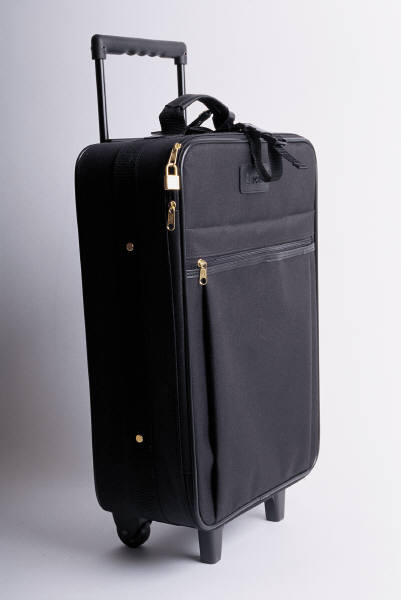There are many charitable organizations that accept donations of used clothing, luggage, computers and other items. Once received, charities process and then resell these items to fund activities that directly help those in need through a variety of avenues. While people who donate are quite generous, some might be giving more to others than they intended.
Employees and volunteers at charities process donated items as best as they are able. They wipe hard drives clean of old software, open luggage compartments to look for items left behind, and inspect pockets in clothing to make sure nothing is in them. Sometimes they find items not intended to be donated. When these items are of an important and delicate nature such as credit cards, personal identification, old account statements, and more, they may seek to reunite the items with their owners. If such an item slips past review and ends up on a store shelf, however, an individual who purchases the item might not be as inclined to reunite it with its owner.
Not all people are upstanding citizens. If they were, there would be no need for the many types of police agencies throughout the country. With this in mind, when some individuals obtain a valuable piece of information about someone else, such as finding a credit card in a donated briefcase, that information might be used to steal money, access bank accounts, clone a person’s identity and more. Don’t take the chance that the wrong person will buy your donated item and find your personal information inside.
Completely clear out every nook and cranny in donated items. Search each pocket, fold, and compartment in every object, twice. Only take items to a charity when you’re absolutely certain they contain nothing more than what you intend to donate.
Be thorough in your inspection of items before you donate them and you won’t regret the action later.
